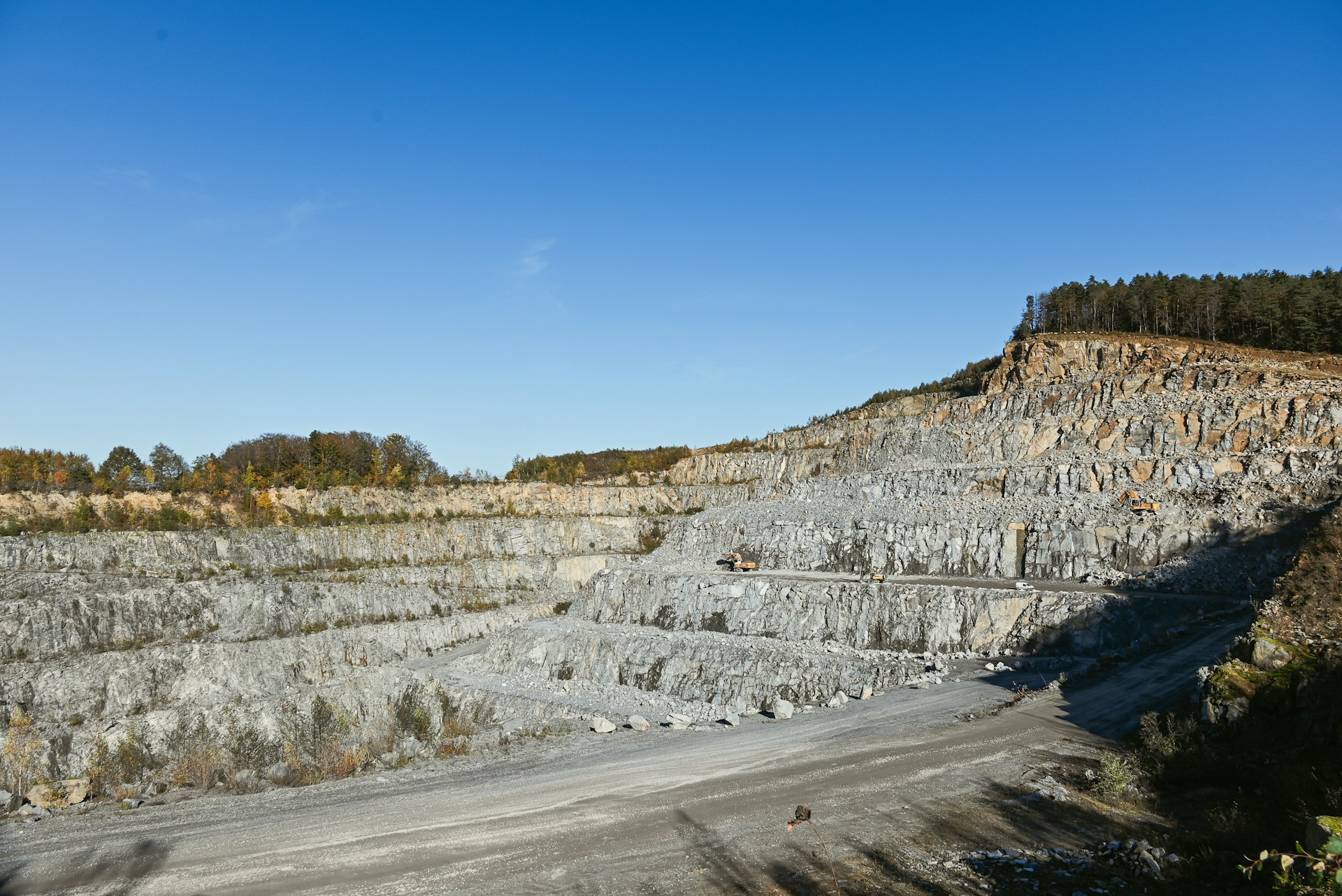MPAS welcomes Scottish aggs tax alignment amid concerns over future policy

The Scottish Government’s decision to align the newly devolved Scottish Aggregates Tax (SAT) with the UK Aggregates Levy for 2026–27 has been welcomed by the Mineral Products Association Scotland (MPAS).
Representing Scotland’s producers of essential rock, gravel and sand for construction, MPAS had called repeatedly for the SAT to remain aligned with the rest of the UK, warning that any early divergence could inadvertently create unnecessary market disruption.
Scottish quarries produce up to 30 million tonnes of aggregates each year for use in infrastructure, public works and housing, with some of the material transported to England.
As a newly devolved tax, MPAS says factors such as cross-border movement of materials will require bedding in before the Scottish Government can even think about diverging the rate of tax charged, which could have a distortionary impact on the aggregates market.
The concerns expressed by MPAS are reinforced by data in a poorly researched study commissioned by the Scottish Government to examine claims that the new SAT could be used to increase recycling.
The paper, published by environment consultants Ricardo for Scottish policy advisors ClimateXChange, does not convincingly demonstrate that raising the tax rate would drive an increase in recycling. It highlights the lack of data available on the sector, but also makes some unsupported assertions around carbon emissions and standards.
MPAS has written to Minister for Public Finance Ivan McKee expressing serious doubts about the quality of the research and the data available, and called for a significant improvement in understanding of the market before attempting to use tax to change behaviour.
Alan Doak, MPAS director, said: “The decision to align the tax rate is sensible; with a newly devolved tax and pretty poor data on the market there are no grounds for diverging from the rate of the UK levy once the tax is devolved.
“We recommend that the Scottish Government engages the sector through the Scottish Minerals Forum that the Minister for Public Finance has agreed to establish, both to ensure the tax works well and to explore how to improve the data so that we can have a better discussion about how to deliver the policy goals the Scottish Government wants to see.”
Mr Doak continued: “The relationships between carbon, transport and economics are important to understand. We think the case made by some for an increase to the Scottish Aggregates Tax above the UK Levy rate has overstated both the availability of material for recycling, and the sensitivity of the business case to the tax rate.
“The paper by Ricardo is clear that there is only limited waste that is not currently recycled, so it is not clear where any increase might come from.
“The underlying picture of lots of recycled aggregates used in the Central Belt, where construction and demolition is concentrated, and little in rural Scotland where virgin aggregate is much more readily available nearby, will not be changed by a higher tax rate. Standards for concrete, which are identified as a barrier, are rightly subject to a thorough process for revision and should not be watered down without convincing evidence.”







